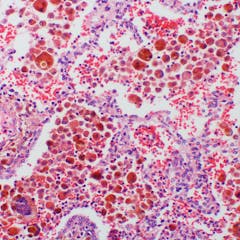
University of Cologne

The University of Cologne (German: Universität zu Köln) is a university in Cologne, Germany. Founded in 1388, it was the sixth university to be established in Central Europe and, although it closed in 1798 before being re-established in 1919, it is now one of the largest universities in Germany with more than 48,000 students. The university has been part of the German Universities Excellence Initiative since 2012, and as of 2015 it ranks 156th globally according to Times Higher Education, 305th according to QS World University Rankings and between 151 and 200 according to the Academic Ranking of World Universities.
The University of Cologne’s six Faculties are the institutional framework for its research activities. The Faculties offer a total of 102 degree programmes and support 10 cross-Faculty research and teaching centres. Moreover, the UoC has several large, internationally competitive research areas: mechanisms of aging-associated diseases; plant breeding research; quantum matter and materials; social and economic behaviour; socio-economic, cultural, and political change in Africa, Latin America, and Southeast Asia.
The University of Cologne closely cooperates with Cologne University Hospital as well as numerous renowned research institutions of the Max Planck Society and the Helmholtz Association in the Cologne metropolitan area. Knowledge transfer and support for start-ups is particularly important to the university. The COPT Center for Organic Electronics supports the transfer of state-of-the-art research to the world of business. The incubator Gateway helps members of the university put their business ideas into practice. The high density of enterprises in the region creates the perfect environment for these efforts to succeed. Early-stage researchers find ideal conditions for their work in the university’s 45 graduate schools and programmes.
Links
Displaying all articles
















